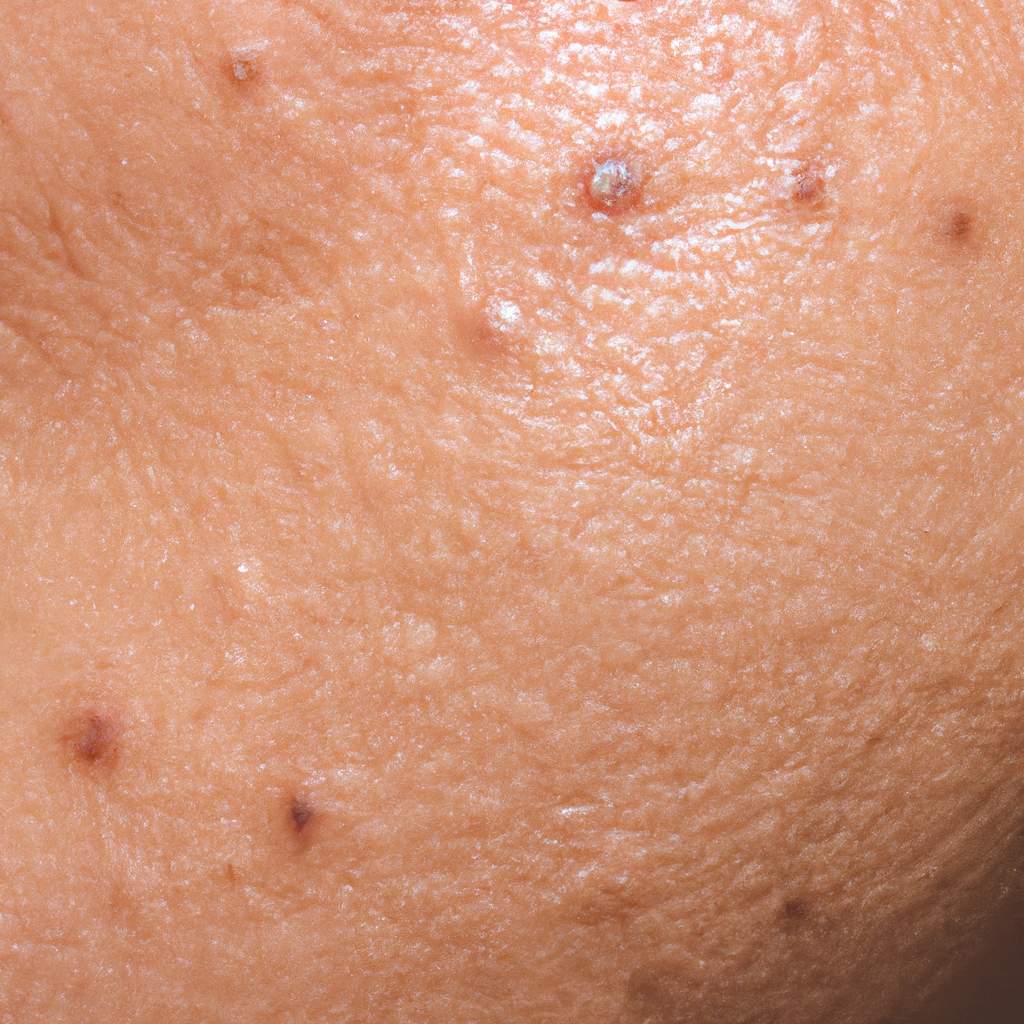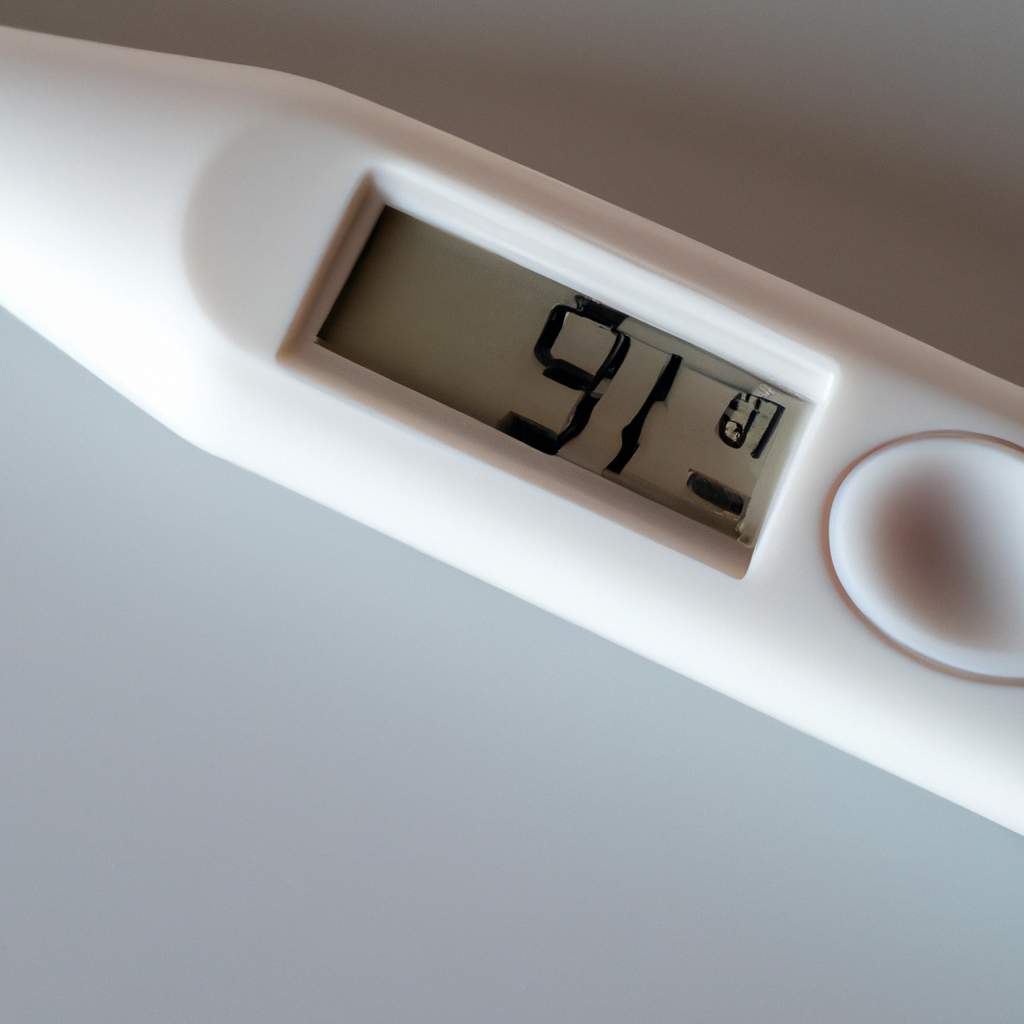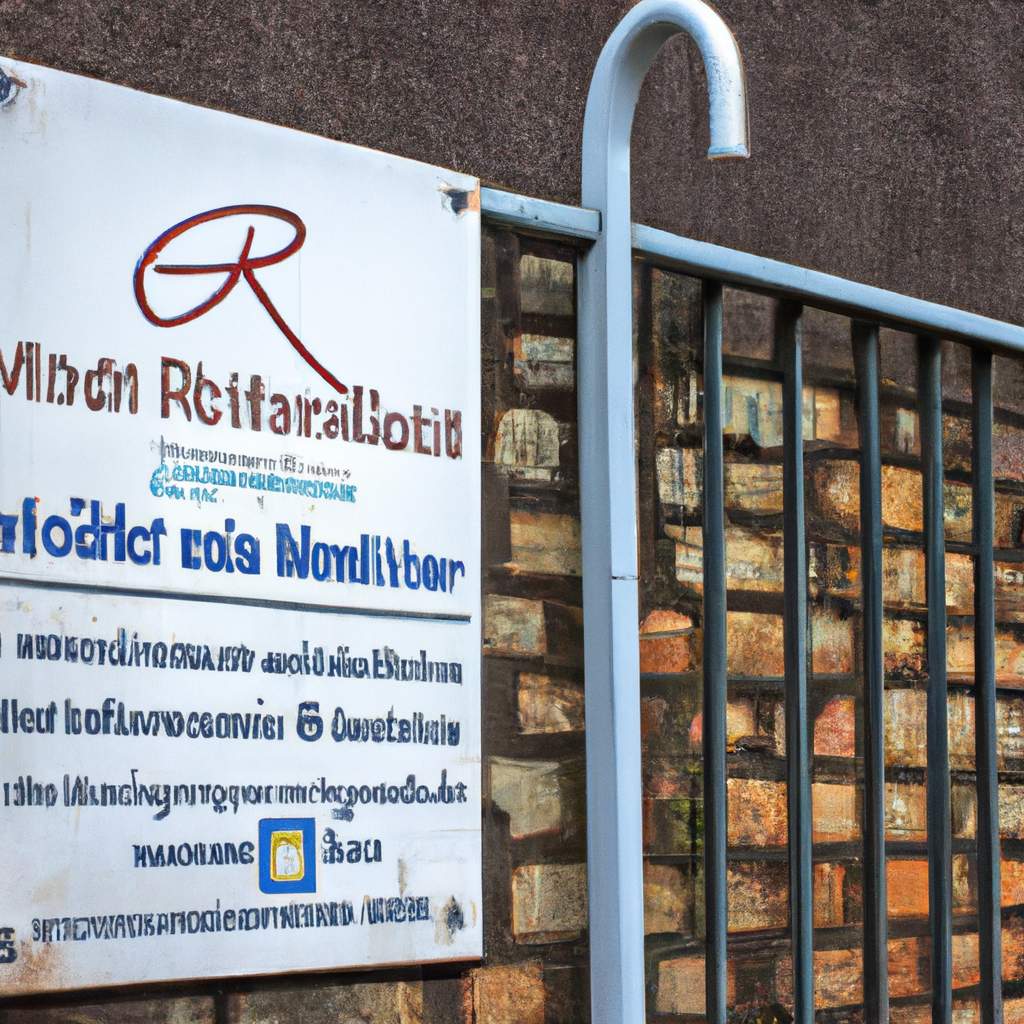The comfort chemotherapy is a treatment offered to cancer patients. It is a cancer therapy designed to significantly extend the patient's life expectancy. However, it is important to note that comfort chemotherapy is considered a palliative chemotherapy aimed at preserving the long-term benefits of induction chemotherapy. To better understand the concept of comfort chemotherapy, this article provides details on pancreatic cancer and the terminal phase of cancer.
What is Comfort Chemotherapy?
Comfort chemotherapy, also known as palliative chemotherapy, is a treatment often used for pancreatic cancer. It aims to provide the positive effects of induction chemotherapy and maintain its effectiveness over a long period of time.
Comfort chemotherapy in cancer helps slow down tumor progression, prolongs the patient's life expectancy, improves their quality of life, and offers better survival rates. It brings a certain level of comfort to the patient.
This palliative treatment involves taking medications intravenously to combat cancer cells and alleviate cancer symptoms. Its main goal is to destroy cancer cells and provide relief from symptoms.
What is palliative chemotherapy?
Palliative chemotherapy, also known as comfort chemotherapy, is a form of treatment for advanced-stage cancer when the cancer cells have spread throughout the body. It is used when a cure is not possible and aims to treat cancer cells in different parts of the body while also extending the patient's lifespan. When a patient with cancer undergoes this type of treatment, comfort chemotherapy can help prolong their life expectancy.
Why is chemotherapy done?

Chemotherapy is a treatment used to destroy cancer cells, limit the spread of the tumor in the body, and extend the patient's life expectancy. However, chemotherapy can be harsh on the body and not all cancer patients survive it. Despite this, comfort chemotherapy can still help to prolong the patient's life. It allows them to receive care while gaining a few extra months to live. Chemotherapy is typically used as an anti-cancer treatment, particularly when the cancer is in a less advanced stage. It is often considered as a last resort when other treatments have been unsuccessful.
Improving the patient's quality of life with supportive care
When a person cannot be cured of cancer, it is important to provide them with daily palliative care. This is done in order to offer them a quality of life until their death. Palliative care generally provides an additional level of support and comfort, helping the patient live with their cancer. While these care options may not treat the cancer itself, they do help alleviate pain and other symptoms associated with the disease. Palliative care helps the patient make the most of the time they have left. These types of care also have other benefits:
- Relieving the effects of cancer: pain, anxiety, fatigue, shortness of breath, nausea, depression.
- Offering additional treatment services: palliative radiotherapy, non-active therapeutic approach.
- Providing home care: medical equipment, medical care, nursing, psychological assistance, social assistance service, respite care.
The prescribed protocol
Comfort chemotherapy is often administered at home, providing patients with the convenience and comfort of their own surroundings. The goal of this type of treatment is to prolong the patient's life expectancy rather than shorten it. However, there are several conditions that must be met in order to administer comfort chemotherapy at home:
- The treatment should be based on monotherapy, which means using a single medication without significant side effects.
- In-hospital monitoring is required to ensure the safety and effectiveness of the treatment.
If these conditions are not met, it may not be feasible to administer comfort chemotherapy at home. This procedure can be complex as the medications used carry risks if there are any side effects. Some patients may not be eligible for home-based comfort chemotherapy. The treating physician must conduct a thorough examination to determine if the patient is suitable for home treatment. The patient must also be cognitively and physically capable, and strict medical supervision is necessary during the procedure.










